xiǎng
think
Phonosemantic compound. 心 represents the meaning and 相 represents the sound.
Evolution

Bronze script
Late Spring and Autumn (~500 BC)
Seal script
Shuowen (~100 AD)
Clerical script
Eastern Han dynasty (25-220 AD)Regular script
ModernDefinitions
xiǎng
think, speculate, plan, consider; to think; to believe; to suppose; to wish; to want; to miss (feel wistful about the absence of sb or sth)
Sources
